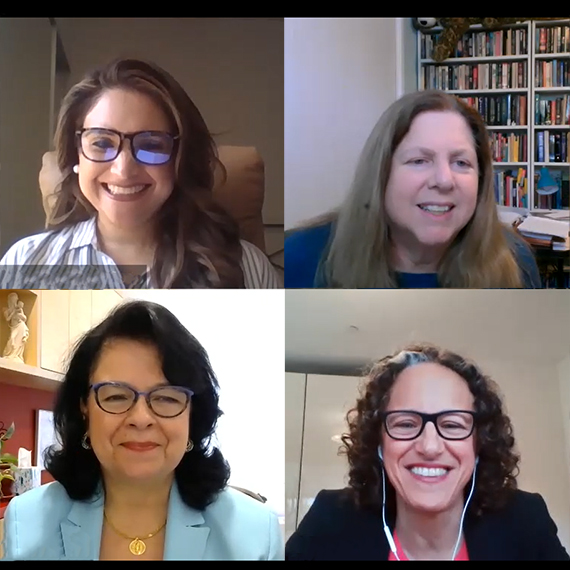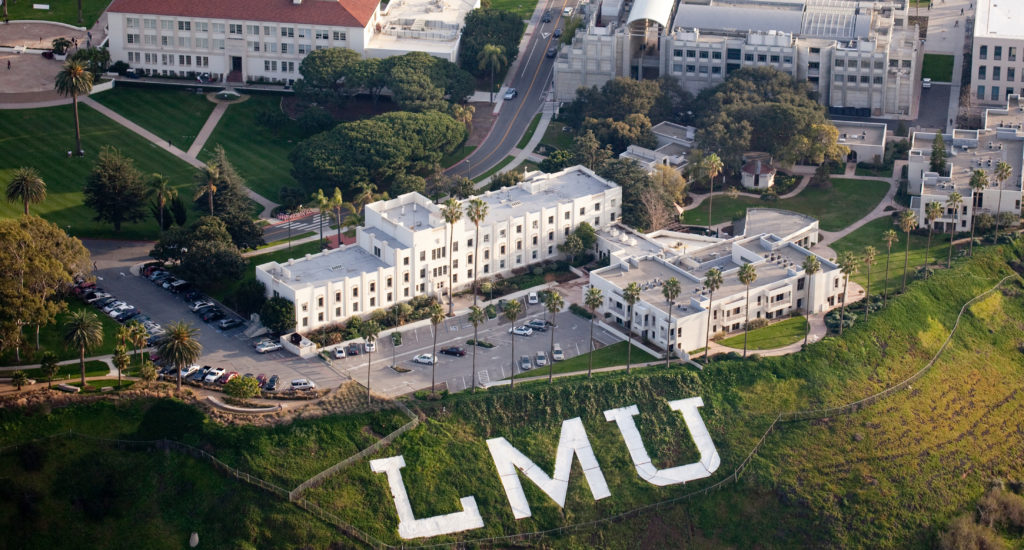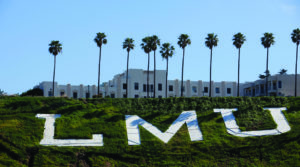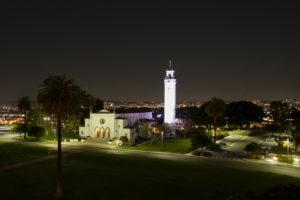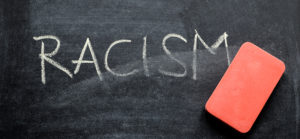LMU LOYOLA LAW SCHOOL | Public interest lawyers have found that their clients, many of them among society’s most-challenged people, are being adversely affected by the COVID-19 pandemic in substantial ways.
“People living on the margin were struggling before and now it’s worse,” said Yvonne Mariajimenez ’84, president and CEO of Neighborhood Legal Services of L.A. County. Mariajimenez was part of a panel that included LMU Loyola Law School Professor Elizabeth Bluestein, and Cindy Pánuco ’09, vice president at Public Counsel.
The panel, moderated by LLS Professor Sande Buhai ’82, was presented as part of “Legal Lunch Bites: LLS Discussions on Pressing Issues,” a series of Zoom presentations and conversations by LMU LLS faculty members and alumni that explore current events from the legal point of view. Upcoming sessions will cover the Michael Flynn case; representing protesters; COVID-19 and the future of the workplace; and the effect of the pandemic on legal education. Registration for these sessions and recorded past sessions are available on the forum’s website.
Mariajimenez said that the pandemic has put on a public stage the iniquities present in social services. “COVID has had significant effect on courts, and access is the big problem, in large part because the offices are closed. The core of L.A.’s population don’t have access.”
Pánuco, who is also chief program officer for Public Counsel, said the pandemic is one more challenge for the immigrant communities. Her organization is utilizing technology to accomplish some tasks. “We’re sending documents to smartphones, using technology to collect information and mailing in documentation.” But, she added, the challenges can be daunting.
“Deadlines have remained on the calendar, and there are constant changes in policy and procedures – such as processing the DACA decision,” Pánuco said they are making an effort to get the word out about the California assistance available and they are preparing for a flood of evictions when the moratorium is lifted.
Bluestein, who is an associate clinical professor and executive director of the Loyola Social Justice Law Clinic, said that a priority is getting LLS students involved in the discussion of how the pandemic affects their clients and how they can be involved in the solutions. “That includes incarcerated clients – getting them out, filing emergency motions, making clemency petitions – and youth in detention, where most outside service providers and rehabilitation measures have been curtailed,” Bluestein said. “It is a lot of individual casework and there is unequal access to resources and educational needs.”
Mariajimenez said her organization has dedicated funding to examine the race-based defects in the system, and Pánuco emphasized that more work in racial justice needs to be done. “We are examining own staff workload and increasing our work in redlining and predatory loans. We are dedicated to pursing criminal justice reforms – from the bail industry to other institutional actors in incarceration system.”
Bluestein added, “We educate our students to see the underlying conditions that have led to the policies, procedures and laws we’re living with today. Black and brown communities have been affected by school-to-prison pipeline, so we are expanding our work around these issues and how strategic litigation and policy advocacy can make a difference.”
